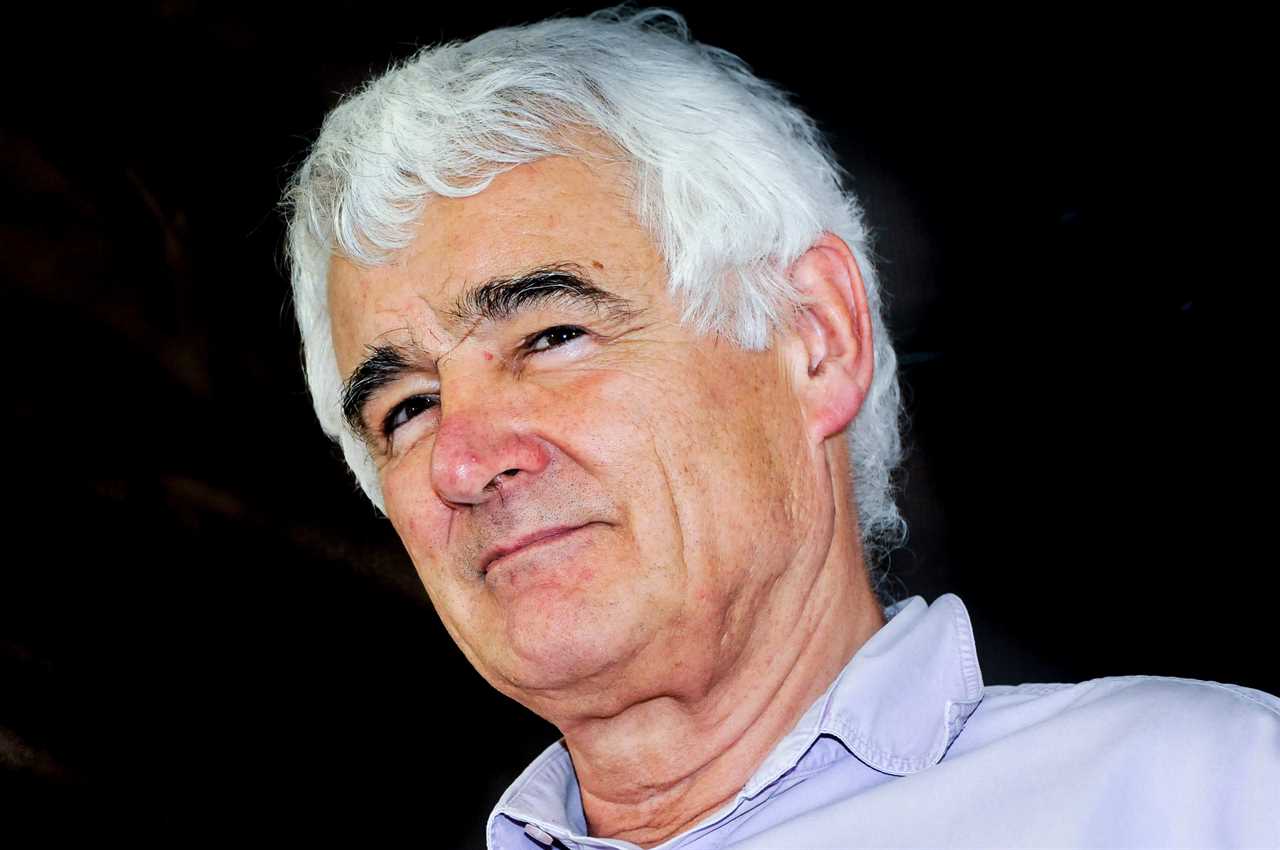
The BBC's language choices overshadow the Israel-Hamas war
The BBC has come under fire for its reporting of the Israel-Hamas war, with critics arguing that its choice of language has become more of a focus than the actual conflict. In particular, the Board of Deputies of British Jews has criticized the BBC for referring to Hamas as "militants" instead of "terrorists". While the BBC has agreed to stop using the term "militants", it still refuses to describe Hamas' actions as "terror acts" or "terror tactics".
Deliberate acts of terror should be called what they are
It is clear that Hamas intended to strike terror into the hearts of Israelis through deliberate mass slaughter, torture, and mutilation. The BBC argues that it must report honestly and without bias, and it seems that a significant number of people do not see Hamas as terrorists. However, critics question why the BBC would ban words like "terror tactics" and "terror acts" and instead choose to call them "fighters", which some argue confers an unwarranted nobility on their brutal acts. Other British news outlets, such as Sky and ITV, do not enforce such strict language rules.
BBC's defensive response to criticism
The BBC has been accused of being too defensive in the face of criticism. While the corporation has acknowledged that its language was not appropriate in some instances, it has also been accused of downplaying its mistakes. For example, when a journalist mistakenly assumed that an Israeli airstrike had caused a significant number of Palestinian casualties, the BBC emphasized that the journalist did not explicitly state that it was an Israeli strike. Critics argue that this response was sugarcoating the issue and failing to take responsibility for the mistake.
Allegations of bias and mockery
There have also been allegations of bias from some BBC Arabic news journalists. It is reported that their social media posts endorsed comments likening Hamas to freedom fighters and describing a particular incident as a "morning of hope". Additionally, Israeli relatives of a grandmother kidnapped by Hamas claim to have been mocked by BBC journalists, with one journalist describing Israel's reputation as "crying in the corner". These allegations raise concerns about the objectivity of the BBC's reporting.
The future of BBC's reporting on the Israel-Hamas war
As the Israel-Hamas war continues, it is important for the BBC to avoid becoming the story itself. Critics hope that the BBC will address the concerns raised about its language choices and strive for more balanced and unbiased reporting. The war is far from over, and it is crucial that the BBC does not give any more reasons for its reporting to be the focus of attention.
Did you miss our previous article...
https://trendinginthenews.com/uk-politics/uk-to-introduce-annual-cap-on-refugees-to-ease-strain-on-housing-and-public-services






